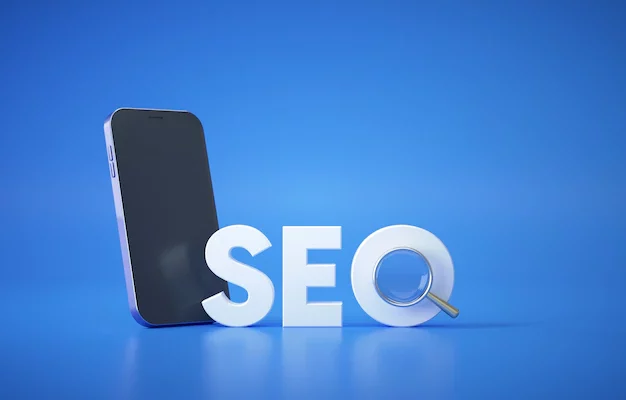If you consider “What is a slug in SEO?”. This article will give you the meaning of slug in SEO and other related questions. Slugs often are the end part of a document or webpage, while they describe the document or webpage’s content. Therefore, when done right, these can help an SEO optimize their ranking.
Other questions related to SEO
Table of Contents
Are slugs good for SEO?
According to SEO experts, the main SEO benefit of a slug is that you can change the words with words that you really want to rank for, thus changing the keyword focus in your recipe of creating a website. It’s one of the indicators on what Google likes and what they use to determine website focus.
How long should a slug be SEO?
In regard to URL synonyms that contain an exact match with your business, timing is not an issue. The optimal length for a slugs contains between three and five words. Experts recommend this cut off point because the shorter the URL term, the more likely search engine results pages and browsers will match the synonym with a short link and load faster.
What should the slug be SEO?
Use URLs that are SEO friendly, carrying 3 to 5 words, because three or five words are easier remembered and shared on social platforms with fixed character sizes. Also, short URLs are easier to remember and share on social platforms that have short character length limitations.
Does slug affect SEO?
Slugs, of course, affect SEO. They will help make your site’s pages convey your key message at the top of search engine results pages (SERPs). It’s one of the indicators Google uses to
How do I make slugs SEO-friendly?
As mentioned previously, create an SEO-friendly URL slug, start by defining its page title, remove special characters from your page title. Remove excess numbers (not necessary on your page but may be necessary for search engines). Then, boil it down to a keyword to be found by the Google search engine. However, alter the word only “on-that-one” if possible; make sure to only alter words that can be taken without being noticeable in the body of these pages. Finally, add keywords modifiers (if you can) and make sure to convert everything into lower case. Certainly, differentiate tabs and hyphens in URL as specific URLs are meaningless anyway!
Does URL matter in SEO?
This is one of the popular questions in SEO today. While using a URL that includes keywords can reliably improve your site’s search visibility, URLs themselves do not have a major impact on a page’s ability to rank. The reason is because Google only looks at the words contained in your webpage content to determine whether it applies to a specific search query. So, while this topic is worth thinking about, you shouldn’t create otherwise unuseful URLs just to include a keyword in them. Here are some other Google webmaster helpfulness tips to accept for such topics … if you haven’t already heard it.
What is slug in WordPress SEO?
In WordPress, the slug is an important part of the URL for a page, like so many other things in WordPress one can change. Keywords and a few other gems belong to the URL of each page, directly after the most desirable part: the slug. This little piece of the URL makes up what is called a URL, or unshortened. Then in this heading. And when we look at a single SEO link in a post or on its home page, the linked words most likely relate to the purpose of this post’s presence and are likely found at the end of an open-ended collection of letters — ones that undoubtedly rate fairly high, when one decides to serve one’s words well.
